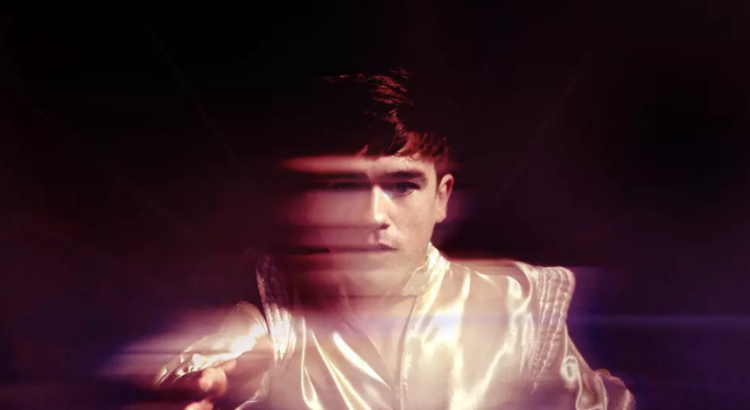Ever since his win at the Glastonbury Festival’s Emerging Talent Competition in 2015, the music world has had its eye on English singer-songwriter Declan McKenna. At the time of his victory, the rising star was just 16 years old. Less than a year later, McKenna was taking the indie rock scene by storm with his breakout single “Brazil,” an upbeat critique of the 2014 FIFA World Cup and its suspected corruption scandal. Shortly after, McKenna put out his debut album, titled What Do You Think About the Car? to mixed, but overall positive reviews. With a few standout songs, and an eclectic, energetic combination of garage rock, jazz, and synth-pop, the young star’s first album made him one to watch. After a three year interval, McKenna has finally released his second album; Zeros, which debuted in August, is an artistic triumph that maintains McKenna’s unique energy while offering the depth and consistency that his first album lacked.
While What Do You Think About the Car? was branded a very political album, thanks to its numerous social critiques of topics such as political corruption, inequality, media frenzy, and religious hypocrisy, Zeros has taken this message to another level, while also creating a layered story for the listener to follow. The unity of the album is truly one of its strengths, not just in sound, but also in theme. Zeros takes place in some sort of dystopia, or wasteland, perhaps suggesting we have left the days where we could make societal improvements, as McKenna begged us to do in his first album, behind. Many critics have compared the overall feel to an episode of Black Mirror, and I have to agree: there is something truly sinister going on here. The story often follows Daniel, who first appears in the song “Daniel, You’re Still a Child,” and crops up numerous other times throughout the album. This particular song is one of McKenna’s best, with a catchy chorus reminiscent of some of McKenna’s own influences, namely U2.
The sound, marketing, and topic of the album are very united in this futuristic theme, while also taking on a retro feel. Many of McKenna’s other idols, like Queen and David Bowie, are also clearly represented across the tracks. All in all this album is much more “rock and roll” than the rhythmic pleas of What do You Think About the Car? Personally, I think “Rapture” is the best song on the album, and truly McKenna at his finest: it meshes apocalyptic, desperate lyrics with strong guitar licks, retro drums, and of course, McKenna’s unique vocal presence that is arguably the star of any track. It represents a more mature sound that many of his previous hits failed to quite attain, and is a real step in the right direction for the future of McKenna’s music.
Though I did appreciate the more showy, rock and roll feel of this album, I also would have liked to see a little more of McKenna’s own roots, as opposed to just the influences of other rock legends. At times, the inspiration felt a little heavy handed, and I wish he would try less to emulate these greats, like Queen and Bowie, and try more to simply infuse his own music with a touch of their influence. Though it had its shortcomings, one of the strengths of McKenna’s first album was his own novel approach to the rock genre and his refusal to be put in one box sound-wise. I liked that Zeros was more cohesive, but I wish it had a song or two more reminiscent of the raw, emotive songs from his earlier discography, namely “Bethlehem” or “Basic.”
Overall, this album remains a great success for McKenna, and I think it rounds out his discography nicely. Dynamic and distinctive, McKenna still refuses to let his sound be nailed down, and I think he will only continue to evolve in the future. I urge you to check out his entire discography for some social critiques with a good beat and captivating vocals. Zeros has solidified McKenna’s role as an artist to watch for years to come.


